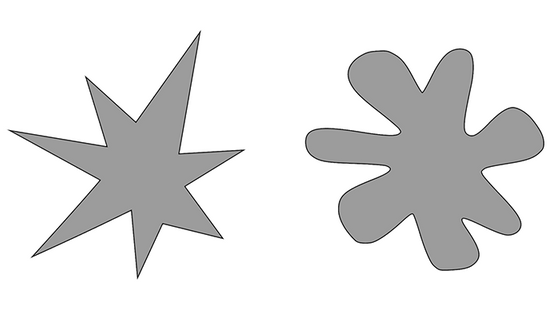Research shows that a person's face is determined by their name, giving a child a handsome name may actually make them handsome

Many parents rack their brains to come up with a good name for their children, or name them after famous people or entertainers who have been active in sports, etc. In an experiment in which a person's face photo and name candidates were shown to another person and asked to guess the name, it was shown that the name affects the formation of the face as the child grows.
Can names shape facial appearance? | PNAS
Names may shape facial appearance over time | EurekAlert!
https://www.eurekalert.org/news-releases/1053013
New study finds people alter their appearance to suit their names
https://phys.org/news/2024-07-reveals-people-evolve.html
Wild Study Finds Your Name Has an Incredible Effect on Your Face : ScienceAlert
https://www.sciencealert.com/wild-study-finds-your-name-has-an-incredible-effect-on-your-face
According to a research team led by Yonat Zwebner of Reichman University in Israel, previous research has shown that people tend to match people's faces with their names, but the origin of this 'face-name matching phenomenon' has remained unknown until now.
For example, many parents have been known to say that they had a name decided in advance, but changed it because it didn't suit their child when he was born. This raises the possibility that parents are giving their children names that match their faces.
As a related psychological phenomenon, the research team introduced the 'bouba/kiki effect,' in which when people are shown two shapes and asked, 'Which shape do you think is called 'bouba' and which is called 'kiki'?' most people will answer that the round shape is 'bouba' and the jagged shape is ' kiki .'

by Drawn by Andrew Dunn, 1 October 2004.
On the other hand, a name is the first gift parents give to their child, other than a physical body, and it acts as a 'social tag' that has a huge impact on the child's life. This is why a theory has been proposed that suggests that an individual's facial appearance may be influenced by social stereotypes associated with their name over time, known as a 'self-fulfilling prophecy effect.'
This position explains that people consciously or unconsciously perceive their name as their identity, which in turn influences their behaviors and habits regarding appearance, such as the hairstyle they wear, the wearing of glasses, makeup, piercings, and even facial expressions. In other words, people determine how they should look according to societal expectations.
To test this nature-versus-nurture argument, the researchers conducted an experiment in which they showed children and adults photos of people and suggested names and asked them to name the person in the photo.

by Zwebner, PNAS, 2024
Both groups were able to match faces and names above chance when the people in the photos were adults, but were unable to match children's faces and names, even when the children's faces were digitally altered to look like adults.
The results of this experiment suggest that adults' facial features change over time to match their names.
Moreover, when machine learning algorithms were trained on a large set of face and name data, they found that faces of adults with the same name were much more similar than faces with different names.
From a series of experiments, the researchers concluded that similarities between people and names are not the result of innate facial features, but rather a self-fulfilling prophecy: people's appearances change over time to conform to social stereotypes associated with names, such as the association of a name with a famous person or the meaning or origin of a name.
Regarding this research, Zwebner said, 'We have demonstrated the existence of social structuring, which has been almost impossible to verify empirically until now. Because social structuring is strong enough to affect a person's appearance, this finding may also suggest the extent to which personal factors that are even more important than a name, such as gender or ethnicity, affect a person's growth.'
Related Posts:
in Free Member, Science, Posted by log1l_ks







